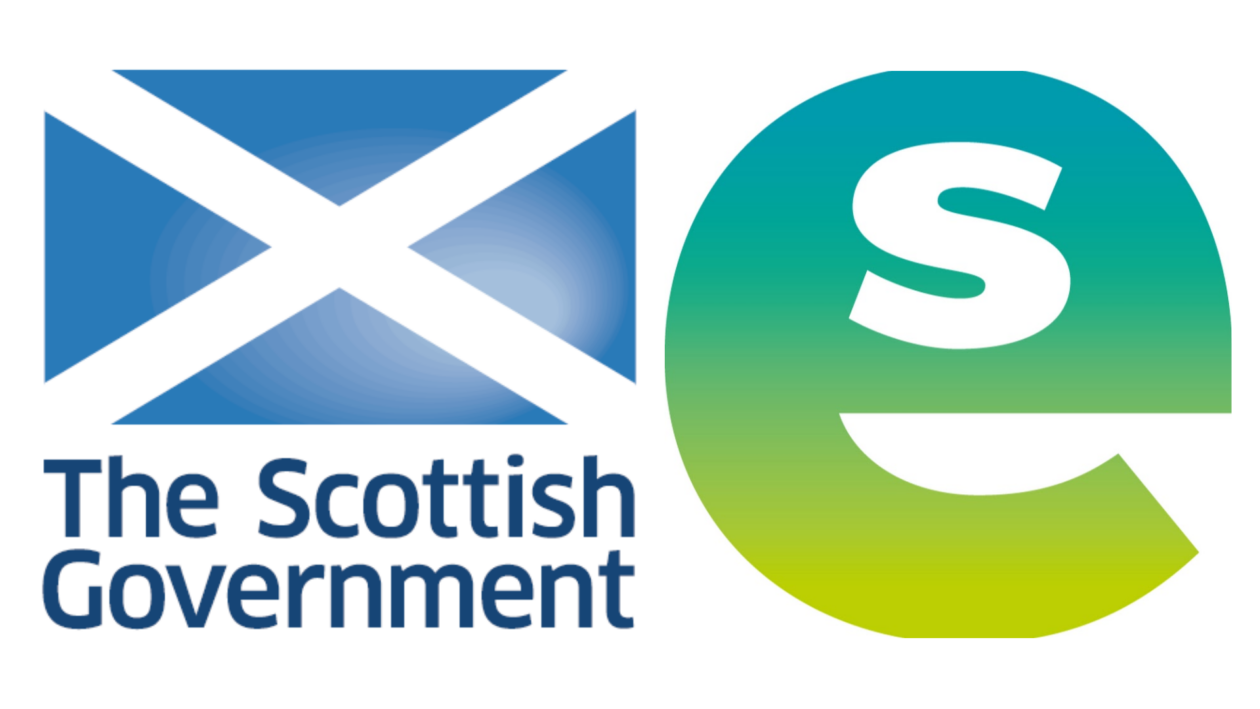Context:
On the 31st of October 2023, Glasgow City Council offered a series of anti-racism workshops aimed at raising awareness among young people. As part of Drumchapel High School’s commitment to tackling racism and promoting inclusivity, I identified several students, including one Black pupil, who had previously exhibited racist behaviour and had been consistently disruptive and disengaged in school. His behaviour seemed to reflect an internal struggle with his racial identity to attend these workshops. Attending these workshops provided an opportunity to support him and the others in gaining a deeper understanding within a nurturing environment.
- Educators and leaders will foster an anti-racist culture where racism can be discussed openly, honestly and with humility, and with a willingness to take risks and make mistakes while remaining accountable for their actions. (Principle 15)
- Educators and leaders will reflect upon their assumptions and biases, their racial and social identities and those of others, and consider the impact these have on their professional practice. (Principle 12)
Intervention: During one of the workshops, there was a “Privilege Walk,” activity where the pupils were asked, “If you are happy with your skin colour, step forward; if not, step back.” He stepped back, visibly showing discomfort through his body language. It was a deeply uncomfortable moment that highlighted his internalised struggle with his racial identity. It became clear that his behaviour at school had reflected this.
Recognising the young person’s discomfort, I reached out to a Black male teacher who had previously worked at Drumchapel High School and whom the young person seemed to admire from an earlier workshop. This teacher spoke with the young person privately, helping him process his emotions and reaffirm his sense of self. Following their conversation, I noticed a dramatic shift in the young person’s body language—he held his head up high and was smiling. On the way home, on the bus, he even enthusiastically engaged with some Maths problems I asked him (I am a very keen Maths teacher!), which was a noticeable change from his earlier disengagement.
- Children and young people will be supported to reflect on positionality, privilege and power, and to unlearn bias, prejudice and divisiveness. (Principle 7)
- Children and young people will be empowered to bring about new ways of being together in the world by valuing and promoting empathy, solidarity and shared humanity that is often disrupted by systemic racism. (Principle 9)
- Educators and leaders will safeguard against racism and discrimination, understanding those as a source of serious harm for learners, colleagues, families, carers and wider community members. Racism will be understood in the context of GIRFEC wellbeing indicators, children’s rights and human rights. (Principle 17)
I followed up with the young person and shared some of my own Black role models, explaining how they inspire me. His response was “This is good”. This gave him a meaningful and positive connection. I also discussed how our school aims to reflect every young person’s identity within the curriculum. A few weeks later, I received feedback from a social studies teacher, who noted the young person’s increased engagement during a lesson on Olaudah Equiano, a prominent Black historical figure.
- Our children and young people will experience a curriculum that meaningfully recognises and fairly represents the rich and diverse communities in Scotland and beyond. (Principle 1)
- Educators and leaders will co-design and enact a curriculum that takes learners’ lives and experiences as a starting point, and actively source and introduce a diversity of perspectives, texts, identities and voices. (Principle 14)
School Policy Alignment: This intervention aligns with the ‘Respect for All’ and ‘Equalities’ policies, fostering an environment where every young person feels valued and supported. The intervention also supports our school’s anti-racism agenda, contributing to a more inclusive school culture.
Impact and Outcomes: The young person’s overall engagement in school has significantly improved. From 1st August 2023 to 10th October 2023, he received 10 behaviour referrals. In the same period for the current year, from 1st August 2024 to 10th October 2024, he has only received 1 referral. His teachers have also reported a noticeable improvement in his engagement.
Long-Term Strategy: Moving forward, I plan to continue supporting the young person by regularly checking in, ensuring that he continues to feel connected to his identity and the curriculum. We are also looking at ways to further integrate positive Black role models in a connected meaningful way into our lessons across various subjects, following Education Scotland’s Breaking the Mould Anti-Racist Curriculum Principles and Glasgow City Council’s anti-racism Charter.
Additionally, we are considering sharing this successful intervention as part of staff professional development to ensure that all staff are equipped to support young people’s racial identity development and provide culturally responsive learning environments.
- Educators and leaders will demonstrate personal and collective leadership across the education system, both in actively promoting an anti-racist culture and in supporting people who experience racism. (Principle 16)
- Educators and leaders will investigate and actively challenge all manifestations of racism in everyday behaviours, resources, attitudes, practices and processes. (Principle 11)
- Educators and leaders will commit to continual personal and professional learning to develop a high level of racial literacy. (Principle 10)
Conclusion: This case study highlights the transformative power of representation within the teaching profession, mentorship, and a nurturing environment in improving a young person’s behaviour and self-perception. Drumchapel High School remains committed to fostering inclusive, reflective, and culturally responsive educational experiences for all young people, ensuring that each young person can see themselves in the curriculum.


